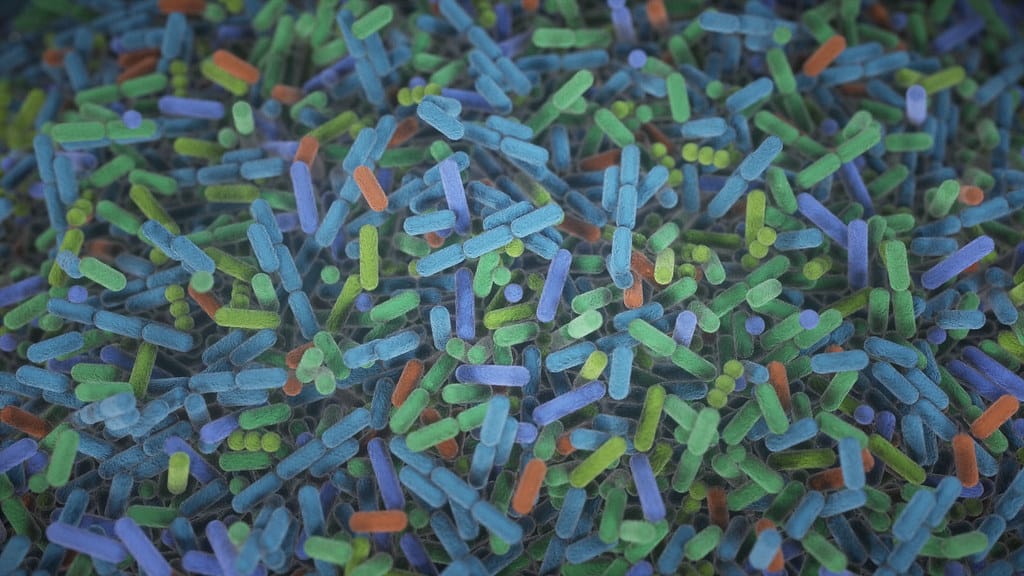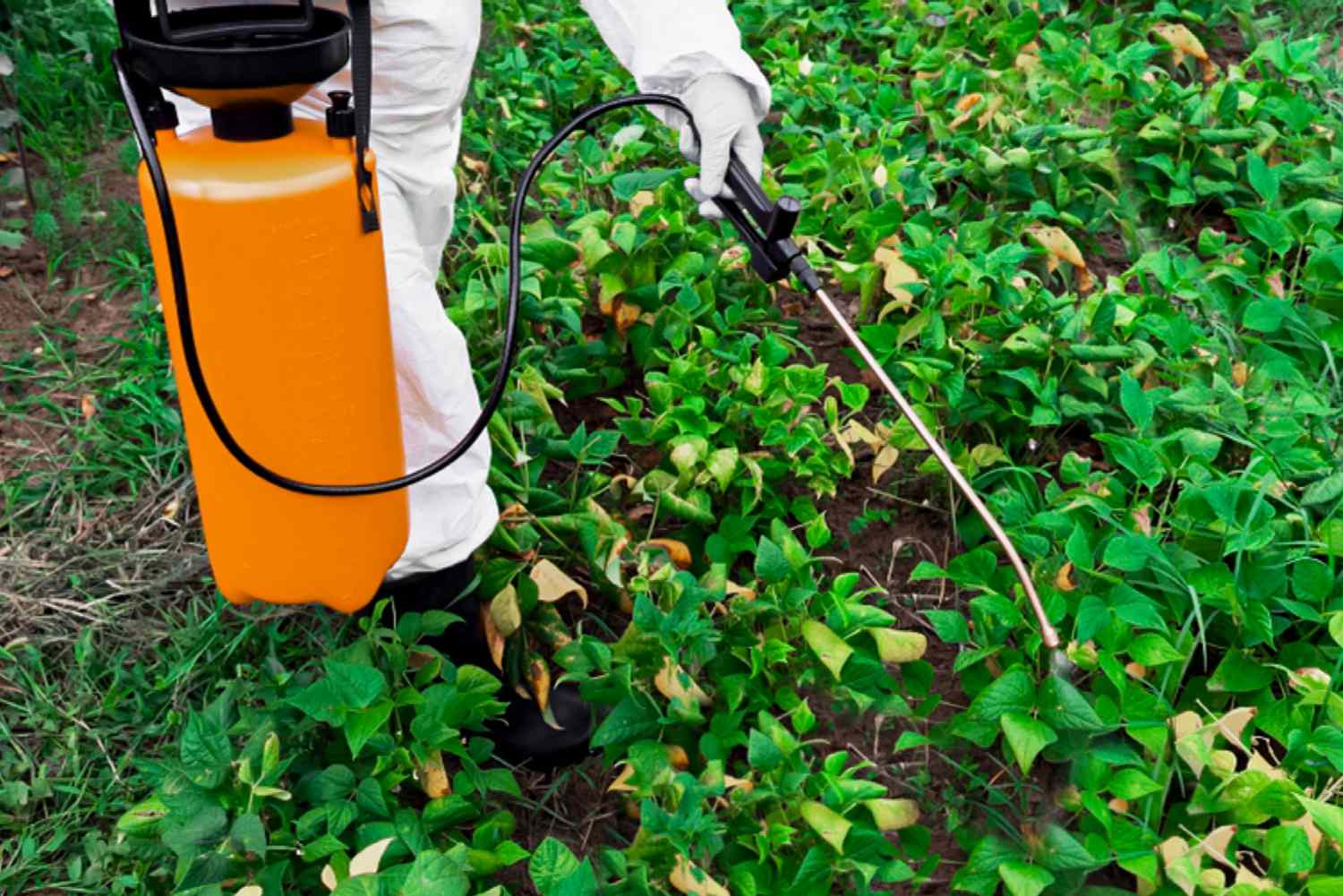Your Gut Bacteria May Be Fighting 'Forever Chemicals' for You
Scientists have discovered that certain microbes living in our intestines can absorb and help eliminate PFAS—the notorious "forever chemicals" that have contaminated water supplies and food chains worldwide. This groundbreaking research offers new hope for addressing one of the most persistent environmental health challenges of our time.
The Forever Chemical Problem
Per- and polyfluoroalkyl substances (PFAS) have earned their ominous nickname because they virtually never break down in the environment or human body. These synthetic chemicals, used in everything from non-stick cookware to firefighting foam, have been detected in the blood of 97% of Americans and linked to cancer, liver damage, and immune system dysfunction.
Until now, scientists have struggled to find effective ways to remove these chemicals from contaminated environments and human bodies. Traditional water treatment methods often fail against PFAS, and the chemicals can accumulate in organs over decades.
Microscopic Allies in Our Digestive System
The new research, published in Environmental Science & Technology, reveals that specific strains of gut bacteria can actually absorb significant amounts of PFAS from their surrounding environment. The study, conducted by researchers at multiple institutions, examined how common intestinal microbes interact with these persistent pollutants.
"We found that certain bacterial strains can uptake PFAS at concentrations similar to what we see in contaminated drinking water," explains the study's lead researcher. "More importantly, these bacteria can help transport the chemicals out of the body through normal digestive processes."
How Gut Bacteria Fight Back
The research team tested various bacterial strains commonly found in human intestines, including Lactobacillus and Bifidobacterium species. They discovered that these microbes can:
- Absorb PFAS molecules through specialized cellular mechanisms
- Concentrate the chemicals within bacterial cells, preventing absorption into body tissues
- Facilitate elimination through the digestive tract when the bacteria are naturally shed
In laboratory experiments, certain bacterial strains reduced PFAS concentrations in their immediate environment by up to 30% within 24 hours. While this might seem modest, researchers note that continuous exposure to beneficial bacteria could significantly reduce long-term PFAS accumulation.
Clinical Implications and Future Treatments
This discovery opens several promising avenues for addressing PFAS contamination:
Probiotic Interventions: Researchers are exploring whether specific probiotic supplements could help people eliminate existing PFAS from their bodies. Early models suggest that targeted bacterial therapy might reduce PFAS levels by 20-40% over several months.
Dietary Strategies: Foods rich in beneficial bacteria—like fermented vegetables, kefir, and yogurt—may provide natural protection against PFAS accumulation. However, researchers caution that more study is needed to determine effective dosages and bacterial strains.
Water Treatment Applications: The same bacterial mechanisms could potentially be scaled up for industrial water treatment, offering a biological solution to PFAS contamination in municipal water supplies.
The Bigger Picture
While promising, this research represents just one piece of the PFAS puzzle. The study's authors emphasize that bacterial intervention should complement, not replace, efforts to reduce PFAS production and environmental release.
"Prevention remains critical," notes one researcher. "But for the billions of people already exposed to these chemicals, understanding how our own microbiome can help protect us is incredibly valuable."
The findings also highlight the broader importance of maintaining diverse, healthy gut bacteria. Modern diets and antibiotic use have reduced bacterial diversity in many people, potentially compromising natural defense mechanisms against environmental toxins.
What This Means for You
While commercial probiotic treatments for PFAS exposure are likely years away, this research underscores the importance of supporting your gut microbiome through:
- Eating diverse, fiber-rich foods
- Limiting unnecessary antibiotic use
- Consuming fermented foods regularly
- Avoiding processed foods that can disrupt bacterial balance
The discovery that our microscopic allies may already be working to protect us from forever chemicals offers both hope and a reminder of the remarkable complexity of human biology. As research continues, we may find that the solution to one of our most persistent environmental challenges has been living inside us all along.
This research is ongoing, and readers should consult healthcare providers before making significant dietary changes or starting new supplements.

